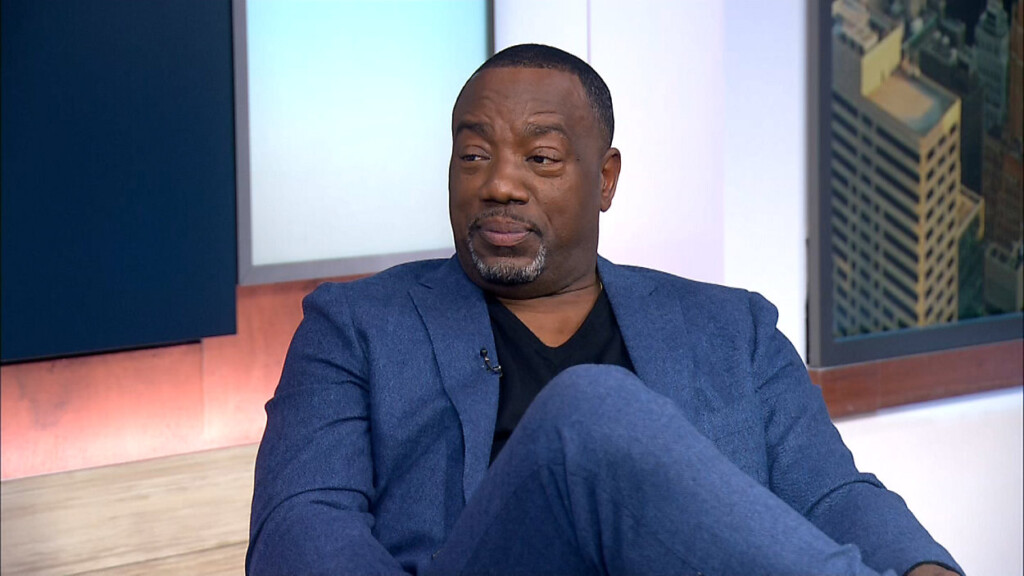Malik Yoba’s latest comments are sparking a new conversation about identity and race in America. In a recent video shared on his Instagram, the New York Undercover star made a declaration that he no longer identifies as a Black man but as a “non-white man.”
“So, what’s up America? I decided that I’m no longer a Black man. I’m no longer a person of color, BIPOC, none of this shit. What I am is a non-white man. And I think we should all just start calling ourselves non-white,” Yoba shared.
“So, they’re going to have to figure it out. Like, I’ll just say that shit explicitly. No DEI, no BIPOC, no references to our blackness. So, we just all walk around like, I’m not a black man, I’m a non-white man. I’m a non-white woman. I’m a non-white, all of us. Asians, Latinos, Black people, everybody. Call it what it is. I’m just non-white. And let them rebuke that. Let them refute it. Let them come up with something that just says, we like all non-whites. Excuse me. We don’t like all non-whites.”
Actor Malik Yoba announces he’s no longer a Black man or Person of Color and reveals he now prefers to be called a ‘Non-White Man’.
— The Art Of Dialogue (@ArtOfDialogue_) March 22, 2025
(🎥 Malik Yoba/Instagram) pic.twitter.com/tA59XiFbx5
It’s not clear what Yoba’s comments are in response to but it could be a reaction against the labeling and categorization of marginalized communities. His call to reject terminology like DEI, BIPOC, and other references to racial and ethnic identities is being framed as a move towards a broader collective identity of being “non-white.”
Many are questioning whether identifying solely as “non-white” dilutes the historical and cultural significance of being Black in America. Others wonder if Yoba’s declaration is meant to be provocative or if it genuinely reflects a deeper belief about the flaws in how society approaches racial categorization.
The timing of his comments is particularly interesting, as conversations around identity, systemic racism, and cultural pride continue to dominate public discourse. And while some may agree with his perspective, others are quick to argue that the Black experience should not be reduced or dismissed as merely being “non-white.”
Yoba’s statements come after years of being a vocal advocate for social issues. His comments on racial identity seem to be a continuation of his willingness to challenge societal norms and public perception.




